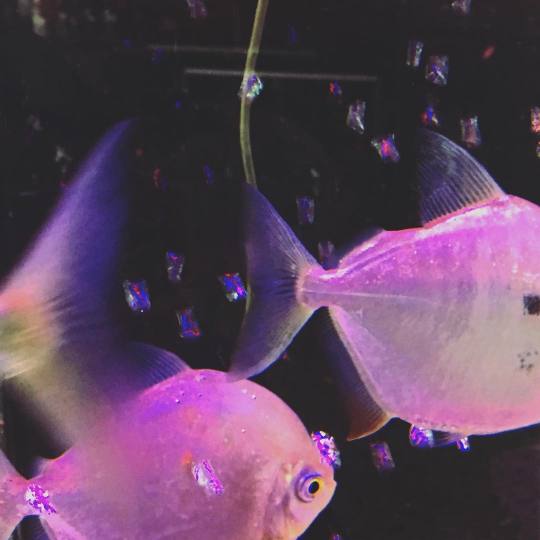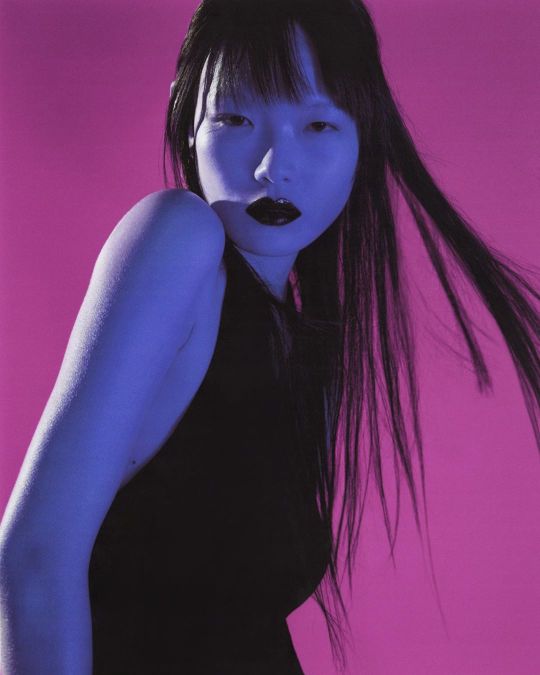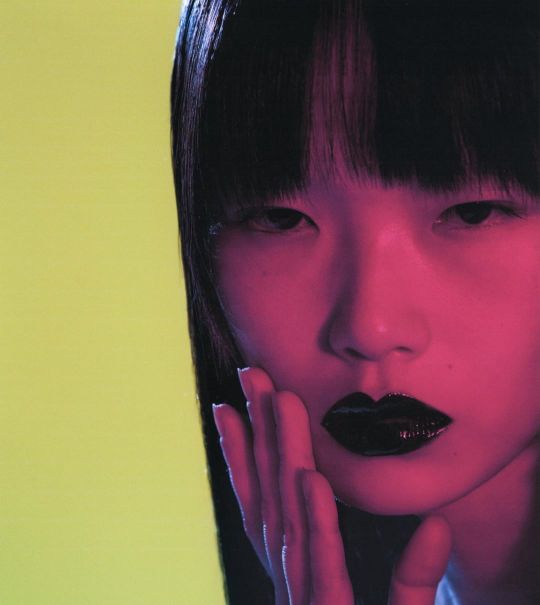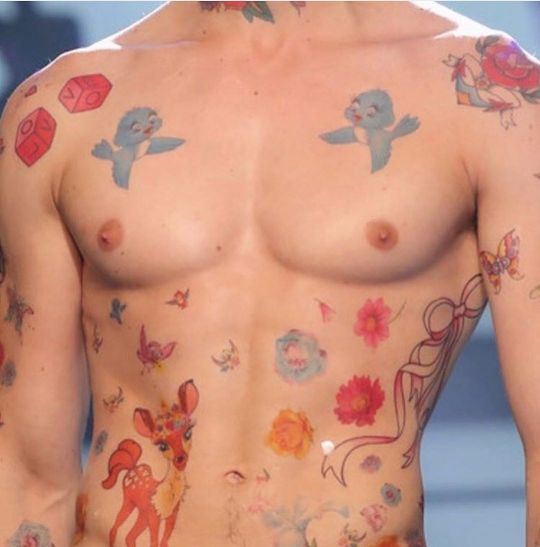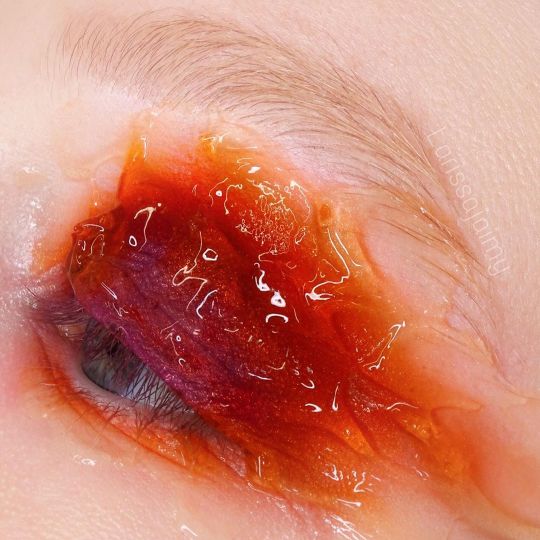Text
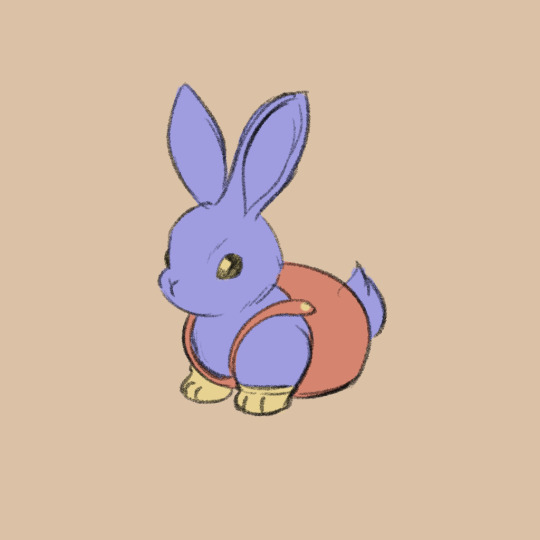
Jax
this is the only tadc art i'm ever drawing
37K notes
·
View notes
Photo
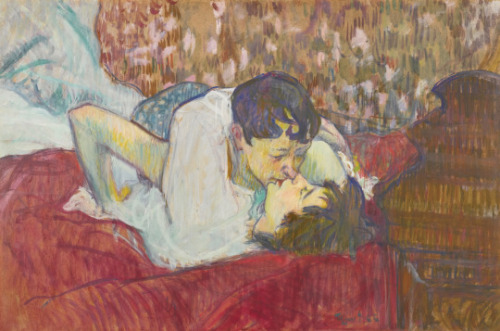
Henri de Toulouse-Lautrec - Au lit- Le baiser, 1892
33K notes
·
View notes
Text
6 Types of Fight Scenes
The Victim Battle: This is less of a fight scene and more of an attack. Your protagonist is not able to defend themselves and has no choice but to take the beating. This scene usually happens when you need to stir up some conflict or progress with the plot.
The Hero Battle: Your character is saving someone from a mugging, hostage situation, or anything that involves heroics. Sometimes they win. Sometimes they don’t. That part is completely up to the writer.
The Asshole Battle: This scene happens when one character is being an asshole and the other instigates a fight. It can happen between two good friends, and it doesn’t matter who started the fight. This fight usually gets broken up soon after it started. There’s rarely a real winner.
The Information Battle: This happens in a specific kind of book where the protagonist has information that they are not supposed to have. As a result, they keep getting attacked.
The Infiltration Battle: This scene happens when your protagonist is infiltrating enemy territory. It’s not uncommon for them to get caught and wind up in a fight.
The Final Battle: This is the most important fight scene of the entire book. Your hero and villain are finally going face to face in a battle that decides the resolution. This can also be the climax.
I post writing advice and tips! Follow me if you want to see more
3K notes
·
View notes
Text
How to develop your characters
As I was rereading my own writing for the millionth time, I realized - am I the only one who knows so much about my characters? Will my readers be able to answer questions about my characters? the answer is NO. So, I’ve decided to fix that, how?
Realize their background; We all come from different backgrounds, what is your characters’ background? What were their family like? Where did they grow up? Consider a character’s background while writing about it, try to figure out how their past intertwines with their present.
What do they want? It could be the tiniest thing: a good grade, more friends, etc. obviously, the main characters will have more meaningful goals - but each character should have something they want, no matter how big it is.
Find their voice; Look around - everyone has something a bit different about the way they speak. Some people curse a lot, some have words they insert to every single sentence. Finding a voice means finding a quirk.
Be specific. One tiny detail could change your character; do they hate pickles? do they bite their nails? what is one thing they do that most people don’t? think about the little things, they mean more than anything else.
Characters were meant to interact, let them out of their cage! allow your characters to contrast each others’ personalities. An introvert around an extrovert, for example, brings out those traits as soon as they get together.
I’ve lost my trail of thoughts, so if you’ve got anything else to add, please do
1K notes
·
View notes
Note
hello! I want to know how to redeem a villain without making it seem forced or inevitably "powering down" the villain
How to Write A Villain Redemption Arc
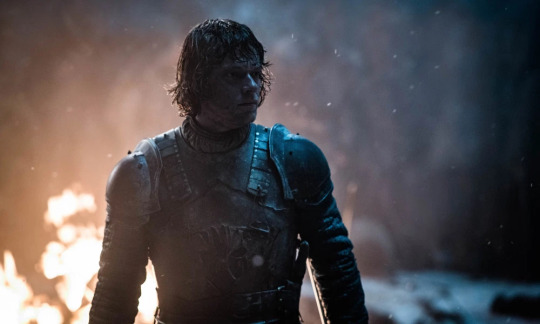
Villain redemption seem to be the new hot commodity for current fiction. The villain, after wreaking havoc, realizes the error of their ways and joins the side of the good guys.
However, there are a lot of things that can make this trope fall flat; it’s much easier to upset your readers than it is to please them, so you have to make sure to work very carefully when writing your villain redemption arc.
If you’re having trouble creating your villain in the first place, then perhaps you should check out my post here!
1. You have to make sure they’re actually redeemable

Sometimes giving a villain a redemption arc is actually detrimental to the story.
If your villain is a genocidal maniac who’s slaughtered millions of people, then perhaps they’re not the best candidate for a redemption arc. Not all villains are worth saving, and even if they are, not all villains should be redeemed even if they’re eligible.
A villain drives the plot. They make the protagonists go through the wringer to stop their evil deeds, and sometimes a few “im sorry”s and “you don’t have to do this”s and “what would (insert villain loved one here) think?”s just won’t cut it.
Having them all be friends at the end and sing kumbaya just isn’t the right direction for many novels out there, so don’t feel pressured to redeem your villain even though it seems to be all the rage these days.
Don’t confuse redemption with dimension. Just because a villain is redeemed doesn’t mean that they are inherently a better-developed character than a villain who isn’t.
The picture above really sums it all up.
SOME VILLAINS ARE VILLAINS FOR A REASON. YOU’RE ALLOWED TO HAVE COMPLETELY COLD-BLOODED ANTAGONISTS IN YOUR STORY.
2. They have to have a reason to change their mind
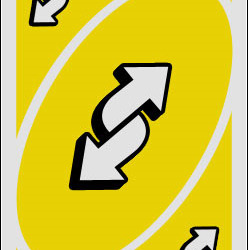
Villains don’t just automatically switch sides. Having a sudden epiphany that’s completely out of character can spell disaster for your whole story arc.
A sad backstory is not a redemption arc.
JK Rowling tried to redeem Severus Snape after years of abusing children, Harry specifically, by announcing that he was rejected by Harry’s mother and that’s why he was so cruel and terrible to her son.
That doesn’t cut it, and that’s why there are many, many Harry Potter fans who agree that Severus Snape is a very poor example of a “redeemed” villain.
Here are a few examples of how a villain could change their mind:
They knew all along that they were doing a bad thing and their guilt finally caught up to them
They have connections to one or more of the protagonists and realize that their dastardly plot is not worth hurting them
They realize that a fellow villain has been manipulating them all along
They were actually right the whole time
It’s a better option for them (for selfish reasons) to not be a villain, whether it be due to safety, money, security, satisfaction, etc.
They realize their motivation to be a villain was futile all along (i.e. “ wow, maybe turning everyone into llamas seems like a bad idea when I actually stop to think about the consequences”)
They do a major heroic deed (i.e. save the protagonists/side characters and do the right thing)
3. Redemption Arcs– The Good, the Bad, and the Ugly
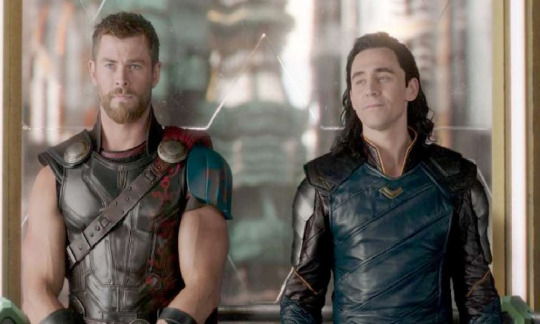
Examples of Good Redemption Arcs
Loki, Avengers
Zuko, The Last Airbender
Theon Greyjoy, Game of Thrones
The Hound, Game of Thrones
Castiel, Supernatural
Kaz Brekker, Six of Crows
Guy Montag, Farenheit 451
Luke Castellan, Percy Jackson
Examples of Bad Redemption Arcs
Snape, Harry Potter
Rejection by your crush is literally no excuse to be an absolute terror to her child and repeatedly try to kill him and/or put him in danger. A SAD BACKSTORY IS NOT A REDEMPTION ARC.
Jaime Lannister, Game of Thrones
Technically, this wasn’t a redemption arc because he never redeemed himself. The problem is that it was an amazing redemption arc before the last season; his friendship and pining with Brienne was helping him grow and develop as a person and perhaps realize that “Hey maybe my tyrannical sister isn’t the best person to be with or support.” All of this careful construction was completely trashed by lazy writing and completely out-of-character last-minute decisions.
Hope this Helped!
2K notes
·
View notes
Text
4 Ways to Start you Novel
Dialogue: This is the most basic beginning, and I doubt it needs descripting.
Description: The description method can range from describing the peaceful land of your setting to describing the decaying body that your character just killed. This method is limitless, as there are so many different things that you can describe.
Mid-scene: This beginning takes place in the middle of the scene. Not the beginning. Not the end. The reader shouldn’t quite know what’s happening until they read further, so it’s best not to tell them everything in the first sentence.
Action: Your character can be in the middle of a fight or they can be watering their plants. There are a million things your character can be doing, and the choice is yours.
3K notes
·
View notes
Text
50 Questions about your OC
How old are they?
What gender are they?
What is their romantic/sexual orientation?
How tall are they?
What do they look like?
What are their defining features?
Does their name have a meaning?
What family do they have?
Do they have a good relationship with their family?
If not, why not?
Where do they live?
Is it a safe place?
Are they poor, middle-class or wealthy?
Do they look up to anyone?
Who is their best friend?
Do they have any enemies?
Who is the person they hate most in the world?
Do they have any love/hate relationships?
Have they ever fallen in love?
Who is the person they love the most in the world?
Does that person love them back?
Have they ever hurt or lost anyone?
Are they a good shoulder to cry on?
Are they well liked?
How do they handle being complimented?
Are they an affectionate person?
Are they very driven?
Are they very political?
What kind of state is the world that they live in?
What are the world leaders like?
Does the character worry about their place in society?
If the could change one thing, what would it be?
Do they like themselves?
Are they a good person?
Are they very forgiving?
Do they believe in destiny?
Are they trustworthy?
Are they a good liar?
How do they react to criticism?
What is their moral alignment?
Can they fight?
Would they ever purposefully hurt someone?
Have they ever been seriously injured?
Do they know first aid?
Do they have any other survival skills?
Are they a fast learner?
How intelligent are they?
What is the school system like?
What is their job?
Do they enjoy their job?
10K notes
·
View notes
Text
When to End a Story
Finishing stories is a valuable skill. But it’s not always easy to tell, especially for us non-planners, when a story is really done. Personally, I have three things I consider and combine to tell for sure.
I find the story is finished when the promise given by its opening pages/core premise is fulfilled. Simply, it’s the answer to “why this story”: what exactly is it that I’m telling? What’s a question this story is an answer to?
Arcs, both character and plot. A story is done when there’s been a change in either the character or the character’s surrounding/situation, in such a way that, if you took the character from that point and put them in their own shoes at the beginning, it would no longer develop into the same story. That said, a lot of things change and shape characters along the way, so pinpointing the ending might require thinking about the promise/Question of the story alongside this.
If I’ve successfully brought characters/worlds to life, there’s always more story; more before this one, more after this one, even if the character dies or the world gets destroyed. So I thought of a fun trick. I wonder, at which point does this story I’m writing become backstory? If I were writing a story set right after this one, what is the last thing I would have to weave in as character/world backstory in order for that story to be strong? That point is the ending point of the story I’m actually working on.
I do admit, this method comes with a likely side effect of rogue sequels.
Finally, it’s worth noting, I listen to my intuition. Many times the story just feels done—and later as I analyse it, it turns out the point where I stopped does tick all these boxes. Stories secretly know what they’re doing.
2K notes
·
View notes
Text
Things to Consider When Creating a Fictional Holiday
Does it occur on a specific day every year or do certain things determine when it is celebrated?
How many days does it last?
How far in advance do people prep for it?
Do kids and adults celebrate it differently?
What symbols represent it? Does it have a mascot?
How family oriented is it?
Why did people start celebrating it?
What traditional foods are eaten on it?
Do celebrations tend to be loud or quiet during it?
How deeply rooted is it in religion?
Do different groups celebrate it differently?
How do people decorate for it?
Do people give gifts on it?
How commercialized is it? How do businesses and/or charities try to take advantage of it?
When and how did it originate? How well do people know its origins?
Do people sing songs or tell stories based on it?
What is often considered the best part of the holiday? The worst?
How has the way it is celebrated changed over time? Is there friction between generations because of this?
2K notes
·
View notes
Text
Tips for writing smart characters without falling into the cliché traps, based on personal observation:
Smart people are more likely to be introverts, but not all of them are. I have a friend who’s officially recognized gifted, has amazing grades, and seems to know people wherever he goes.
The “team brain” in media is often portrayed as math-minded/science-minded, but this isn’t the only kind of smart! They could also be language-minded, for instance. One isn’t less than the other, just different. (However, often people lean towards just one of the two.)
Likely to have a large vocabulary, but unlikely to use big words and phrases. You know who does do that? People who think they’re smart and/or want you to think they’re smart. In short, overly big words are something you can use to indicate your “smart” character’s a fraud.
Otherwise, talk like normal people. Seriously, don’t have your character talking in print-ready sentences in everyday conversation unless they have a good reason (e.g. growing up with lots of books and very little social interaction or speaking a second language they learned exclusively from books).
Smart does not equal organized. At all.
Not all are straight-A students. This is because, if you were The Gifted Kid™ who never needed to try hard in the first years of school, you never learned how to work hard and become a lazy ass. Alternatively, especially with unrecognized gifted kids, they might underperform because they’re too bored to put in effort.
Very few brag about their superior intelligence (that’s just a douchebag thing, not a smart people thing). In fact, highly likely to think of themselves as not particularly smart. (My one friend does this, but also recognizes that a lot of people around him are not as smart as him, leaving him to wonder if he’s surrounded by idiots.)
However, sometimes they forget they’re not the average person and get annoyed with people’s supposed “slowness” or “stupidity” without realizing that they’re the odd one out.
On the other hand, forgetting they’re not average leads them to take warnings about hard classes/tests/exams seriously and freak out, only to then wonder what everyone was freaking out over.
Some people’s brains seem to have an on/off switch. Depending on if they can be bothered, they either know everything or lapse into full-on “I don’t know and I don’t care” mode.
They do laugh at stupid jokes. I promise. You can never be too smart to laugh at stupid jokes, only too pretentious.
5K notes
·
View notes
Text
Things to Consider When Writing a Dystopia
How long has society been structured the way it is? What catalysts made it become a dystopia?
Aside from those in power politically or financially, who thinks they benefit from the way society is structured?
How are those who suffer under the system kept in check? What kinds of punishment are they taught to fear? Are they conditioned to view things in a positive light?
How do other societies view the dystopia? Are they a mess in their own way? How willing are they to potentially interfere in how things are run?
How does your work connect to real world issues? How closely does it parallel real world events and/or capture themes that are relevant in modern society?
How have those in power used the education system to cement their hold on how things are run? How have they manipulated what people know about the world?
On that note, how much does the average person know about the dystopia’s history? How much of what they think they know is only partly true, misleading, or just plain wrong?
What factors ultimately spark people to rebel against the current oppressive system?
What might be the negative consequences of a rebellion to overthrow the current oppressive system, even if it is successful? In what ways might the new system might be even worse than the old one?
How are dissidents treated? Are they publicly made examples off or are they made to ‘disappear’, leaving their true fates up to the populace’s imagination?
Is there anyone currently alive who remembers what it was like before the current system was put in place? Are they forced to hide their knowledge of what came before or do they hide or misrepresent it willingly?
4K notes
·
View notes
